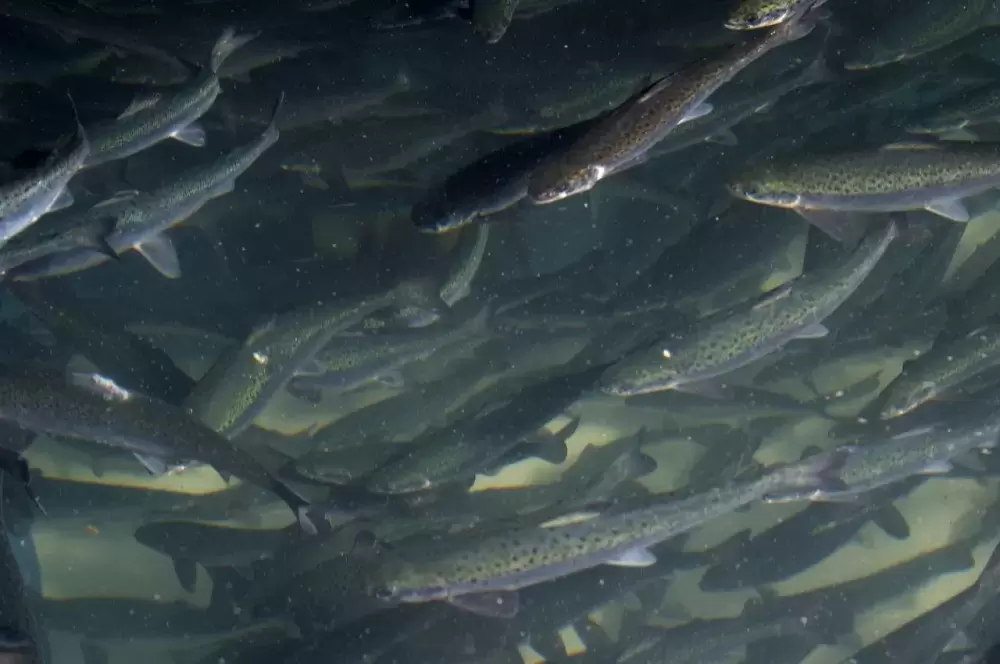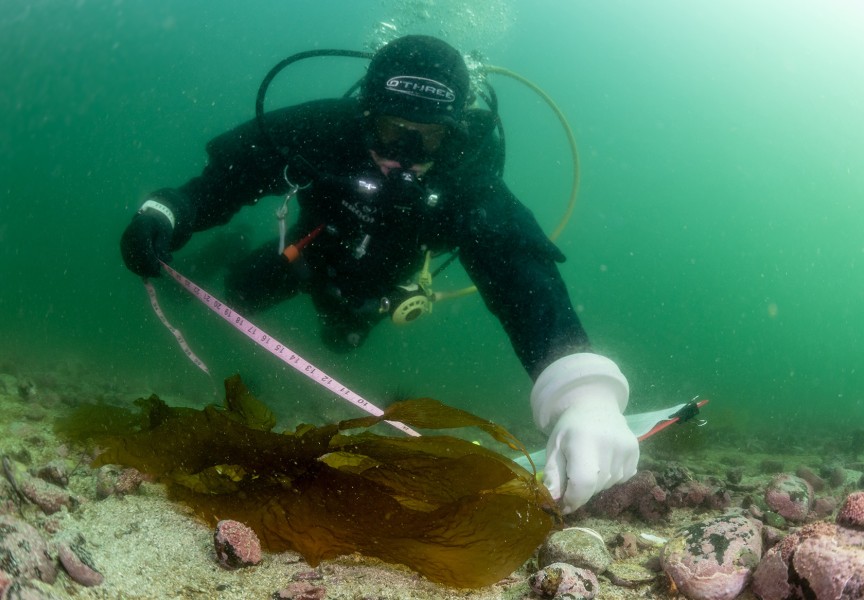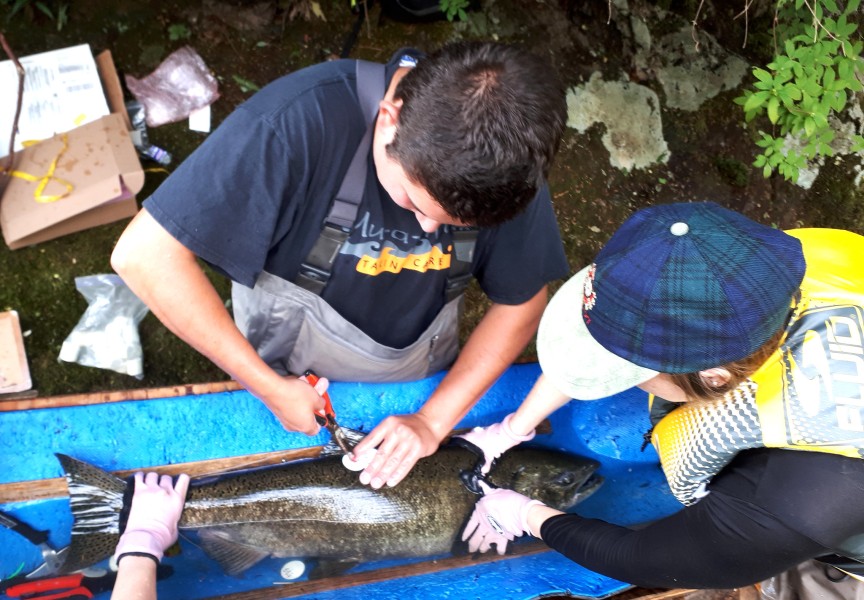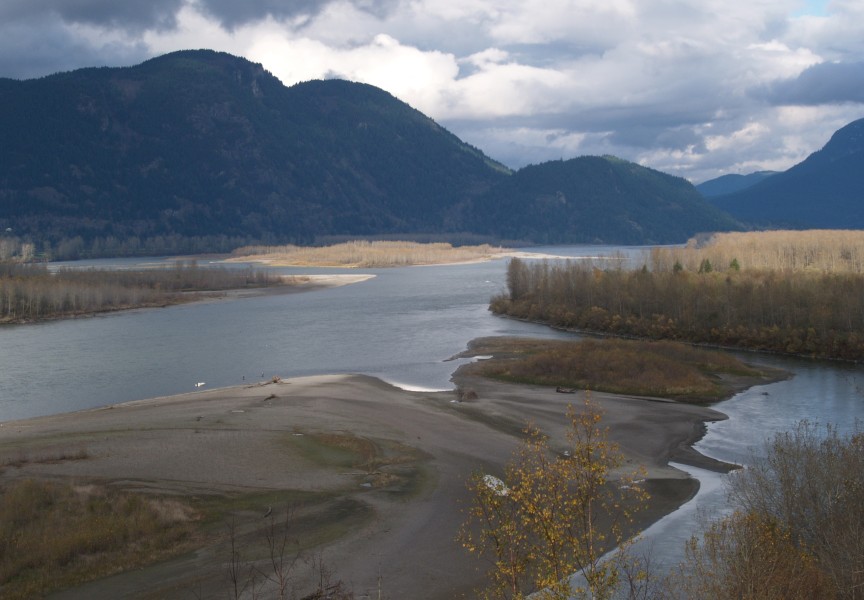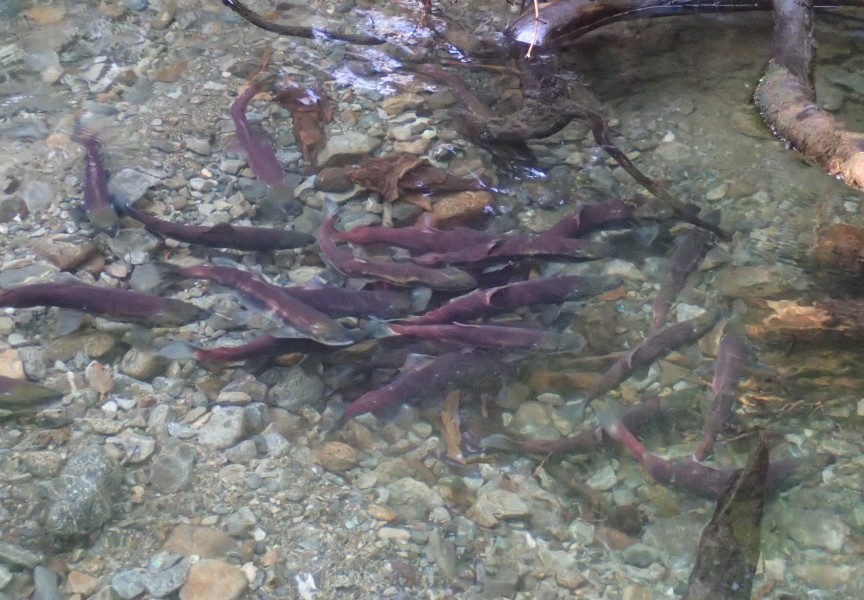The largest release of farmed fish into West Coast waters in recent years brought DFO officials a flurry of Atlantic salmon reports last fall, but in recent weeks these incidents have died down.
This is part of the most recent update from the Atlantic Salmon Watch Program, which monitors the presence of farmed fish on the B.C. coast. The program saw a surge in reports after the collapse of a Cooke Aquaculture net pen in Washington State on Aug. 21, which contained over 300,000 Atlantic salmon. Half of these farmed fish escaped from the broken Cypress Island facility into Pacific waters.
From 2011 to 2017 the Atlantic Salmon Watch Program reported just three confirmed cases of the species off the B.C. coast, but this fall Fisheries and Oceans Canada collected over 40 samples and heard of more than 70 reports of Atlantic salmon. The fish were found as far as north of Campbell River and west of Tofino.
The DFO is sending heads from the Atlantic samples to determine which hatchery they came from based on bone structure, said Byron Andres, senior biologist with the federal department’s Aquaculture Environmental Operations.
“The otolith analysis will determine if the fish came from the Cooke Aquaculture site in Washington State or somewhere else,” he said in an email to the Ha-Shilth-Sa. “That work is being done by colleagues in Washington State. We will be retaining tissue from each sample in the event that we want to conduct further analysis.”
Despite the thousands of Atlantic salmon that were released, monitoring by the Tla-o-qui-aht First Nation has yielded no recent signs of the farmed fish.
“We have been monitoring several of our river systems with known pacific salmon returns,” said the Tla-o-qui-aht fisheries department in an email to the Ha-Shilth-Sa. “Our swimmers have not reported seeing any Atlantic salmon in any of the systems and no new fish have been reported being caught by any Tla-o-qui-aht fishers.”
As reports of the Atlantic salmon slow down, Andres has seen no indications that the fish are impacting wild species.
“The most likely impact, if any, is that these fish could attempt to colonize natural waters in B.C.,” he said. “So far, there is little evidence that this would occur, but the program exists to monitor continually in case that likelihood changes.”
The farmed salmon are “incompetent” at feeding themselves in the wild, according to a statement issued by Cooke Aquaculture on Oct. 4. Although over 100,000 Atlantic salmon remain unaccounted for, nearly 50,000 were recovered through Cooke’s “fish buy-back program” that involved Coast Salish tribes, said the company.
“Cooke is committed to ensuring that any adverse consequences to the environment are identified and addressed, that compensation to the Coast Salish tribes that have aided in the recovery of escaped salmon is prompt and fair, and that the public, the region’s tribal communities, and our state agency partners can regain their trust in Cooke’s operations,” said CEO Glenn Cooke in the company’s statement.
“Cooke has made financial offers to Coast Salish tribes in excess of $1.5 million for their recovery assistance efforts,” stated the company.
The net pen collapse occurred one year after Cooke Aquaculture purchased the Cypress Island farm, which is located directly east of Victoria.
“We have inspected over 500 recovered fish stomachs, each of which was entirely empty of material,” said Glenn Cooke.
Nevertheless, Fisheries and Oceans Canada will continue conducting river surveys for Atlantic salmon through December and possibly into January.

